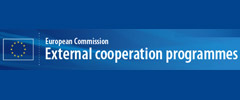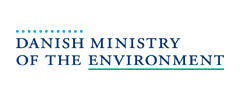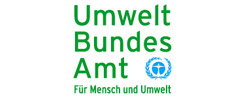Gender training with students from Ohio
WECF had a gender and environment training with students from Miami University, Ohio
15.02.2016 |

Gender training Utrecht 08.02.2016
Two of our WECF staff members, Dr. Claudia Wendland, Water and Sanitation Specialist and Asta Berglind W. Verheul, Junior Gender expert intern conducted a gender training with students.
Monday 8th of February students from Miami University, Ohio engaged in a gender and environment training given by WECF members Dr. Claudia Wendland and Asta Berglind W. Verheul. The workshop was part of Roxanne Ornelas’ ‘Gender and environment’ course which gives students an insight into gender and environmental issues in the European setting.
The agenda for the day was divided into gender awareness and sustainable water and sanitation solutions in rural areas. The students, from various disciplines got to know the framework of the SDG’s, WECF’s work and the importance of gender in development projects.
The tools used for the workshop were of the interactive kind. Students and our WECF members engaged in interactive training of the awareness of gender and discrimination under the unstructions of our 'Gender Tools Manual'. In the lecture on gender and sex given by Ásta Berglind, the students stumbled upon the gender pay gap and the low percentage of female world leaders and leading positions. This led to a discussion on the reasons why this is reality and how it has been sustained.

Later on the student got to reflect on what they thought was the ideal man and ideal women in groups and present them to the rest. The interesting things that came from that is that it all featured characteristics rather than physical appearance. The frequently used terms for both the men and women were: cooperative, intelligent, respectful, confident, compassionate and motivated. All these traits indicate what they thought was the ideal person and did not divide the sexes in that way that the one should be more cooperative or more driven than the other.
In the lecture on water and sanitation given by Dr. Claudia Wendland entailed various case studies of how eco toilets were implemented into communities and the importance of gender in development projects. The main eye opener in this discussion about sanitation was the fact that this was not something thee students thought of on a daily basis, that it was a problem of any kind. They were intrigued by the sustainable use of the toilets used in several communities were WECF has its projects.

At the end of the training the students were able to present to us a development project which they designed themselves with sustainable environmental solutions on water and sanitation and agriculture. The projects they were supposed to develop was set in a rural community with a tropical climate, water scarcity, no electricity and no piped water. The results were very creative. One group thought of a system to harvest water in barrels which would be distributed to the community through tax-fare. They build a timeline in when the barrel would be built with filter straws, who would build it as well as how it should be sustained with tax-fare and man power. Other groups had similar ideas in harvesting rain water with appropriate education on how to improve the irrigation system with harvested rain.
Overall, this was a successful training with enthusiastic students from Miami University, Ohio and we hope to collaborate again in gender and environmental awareness trainings in the near future.


































